Hawaii Pacific Health's Cancer Centers are affiliated with leading cancer care organizations around the world. We believe that a "healthier Hawaii" means connecting our patients to advanced clinical trials and the latest treatments options as well as promoting a collaborative approach that puts the needs of the patient at the center of care.
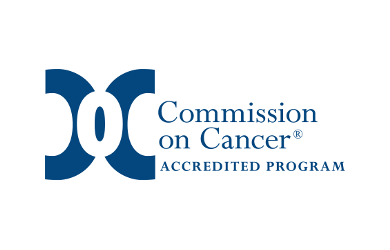
The Commission on Cancer
Hawaii Pacific Health is proud to be the first health system in Hawaii to have earned the Integrated Network Cancer Program accreditation from the Commission on Cancer. All Hawaii Pacific Health hospitals are accredited through the American College of Surgeons Commission on Cancer (CoC) Program.
Applying for and maintaining CoC accreditation is a voluntary commitment by each cancer program that ensures its patients will have access to the full scope of services required to diagnose, treat, rehabilitate and support patients and their families with their cancer care. Accreditation requires a cancer program to continually evaluate its performance, reaffirming to the community the commitment of the program to provide high-quality cancer care.
The CoC is a consortium of professional organizations dedicated to improving survival and quality of life for cancer patients through standard-setting, prevention, research, education and the monitoring of comprehensive quality care.
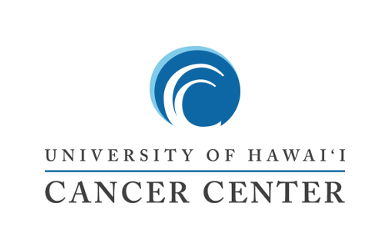
University of Hawaii Cancer Center
As an active member of the Hawaii Cancer Consortium, Hawaii Pacific Health has partnered with the University of Hawaii Cancer Center, which is recognized by the National Cancer Institute (NCI) as a consortium cancer center. The Hawaii Cancer Consortium represents the unified basic, translational and clinical cancer research efforts benefiting all citizens of Hawaii and the Pacific Rim. The NCI designation benefits patients at Hawaii Pacific Health and across the state through increased access to clinical trials and new therapeutic technologies available in collaboration with the University of Hawaii Cancer Center’s clinical partners, an alliance of the state’s leading health care organizations united with the common goal of eliminating cancer through sciences.
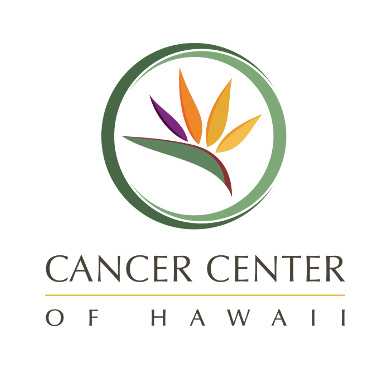
Cancer Center of Hawaii
The Cancer Center of Hawaii is a physician-run radiation oncology facility, so every decision is infused with the goal of delivering the best patient care possible. The Cancer Center of Hawaii provides the latest cutting-edge technology, advanced treatments found nowhere else in Hawaii.
Cancer treatment services are delivered by experienced and caring cancer specialists who offer guidance and excellence in cancer care. Patients receive care, support, hope and education throughout the process of fighting cancer. The physician team develops tailored treatment plans for each patient based on factors like type of cancer, stage, lifestyle needs and overall health.
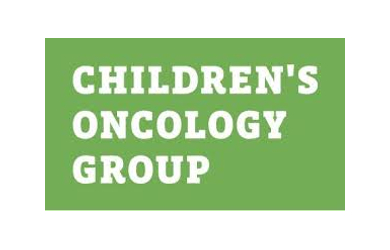
Children's Oncology Group
Hawaii Pacific Health has one of the only pediatric oncology programs in Hawaii and the only bone marrow transplant facility in the state. Kapiolani Medical Center for Women & Children is the state's only member of the Children's Oncology Group, a global non-profit organization dedicated to developing new treatments for children with cancer.
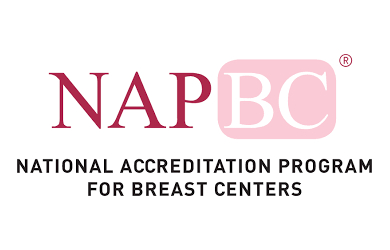
NAPBC-Accredited Center
The NAPBC encourages hospitals, treatment centers, individual physician practices, and other facilities committed to breast health care to improve the quality of care available at their center(s) through various breast-related programs. These programs are concerned with prevention, early detection, diagnosis, pre-treatment evaluation, staging, optimal treatment, rehabilitation, surveillance for recurrent disease, support services, and end-of-life care. The availability of a full range of medical services, along with a multidisciplinary team approach to patient care, ensures the provision of continuity of care for women with diseases of the breast.